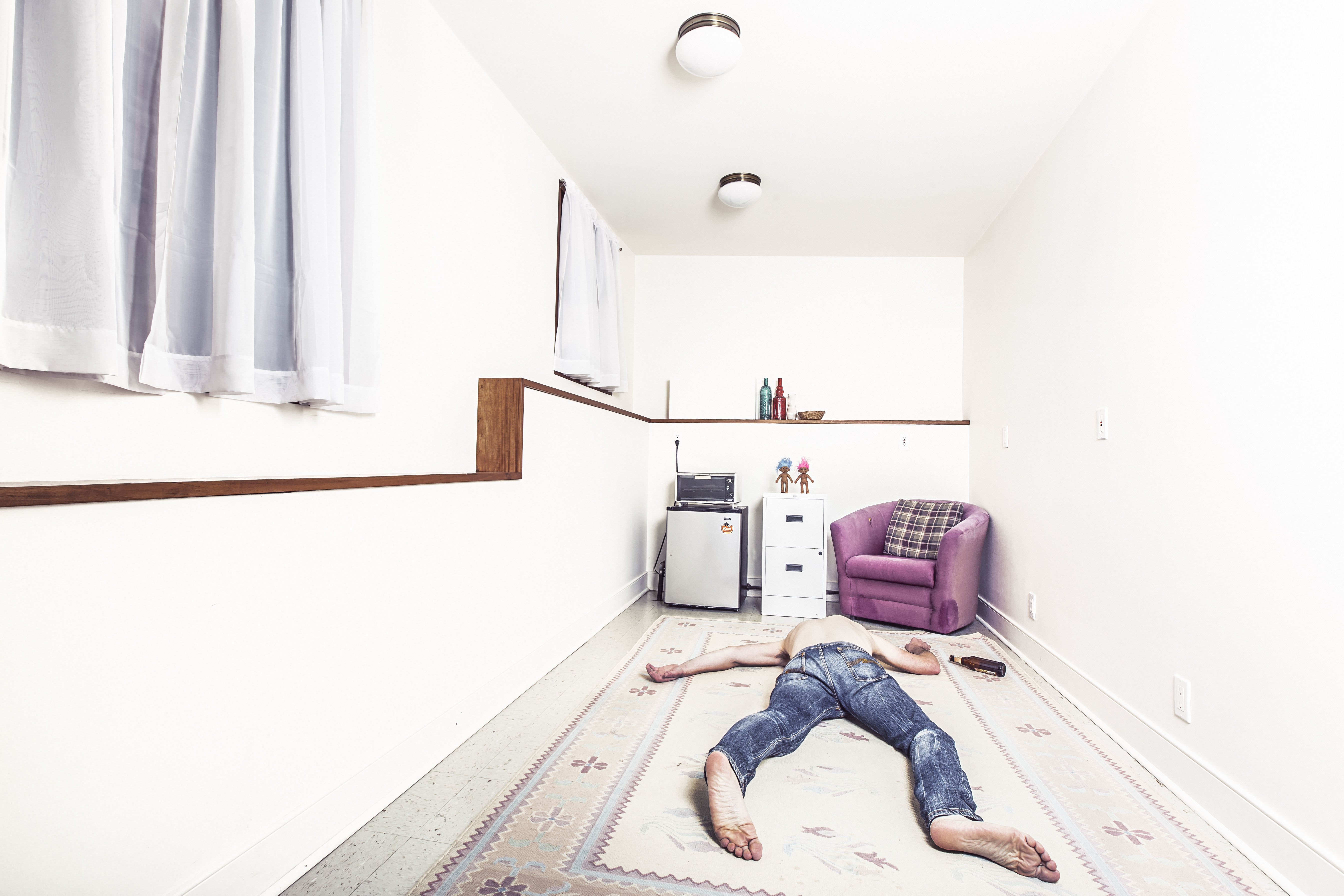When we fail, often it hurts.
And like any physical wound, the emotional side effects of our failed attempts to reach our goals and dreams require time and care in order to properly heal.
How much time? How much care?
Nobody will ever be able to answer how much time a particular disappointment will take before we can trust in ourselves or others again, or how much care or attention a hurtful event will require before its effects disappears from our everyday life. It is completely determined by the circumstances of each and every case and by the way we react in the face of adversity.
Sometimes we can get back on our feet right away and push through, and that’s great.
But sometimes it takes a little longer to dust off. Sometimes, after failing, we found ourselves depleted. When this happens, there’s no shame in sitting back and take a minute to catch our breath.
There’s no point in trying to push through if we cannot even hold ourselves up. If we insist in doing so, another failure will follow shortly, causing even more damage.
The worse that can happen when we feel strong negative emotion due to a particular failure, is to link that negative emotion to the activity or person that was related to our failure. This is usually a mistake because more often than not, that activity or person is not the one to blame for the undesired outcome.
When we fail to get that raise, the emotion we feel often is linked to the job itself. We might end up hating a job we would otherwise love.
When the marriage ends abruptly, often the disappointment, anger or sadness of an unhappy spouse is directed towards the other one, towards friends or family members, even when they have nothing to do with the reasons that ended the marriage.
When we fail and it hurts, we tend to link our pain to the closest thing in sight. Most of the time, this is not accurate, and surely is not healthy.
Better in Time
The job you used to love is not to blame or to hate because you did not get that raise. Maybe you did not work as hard as you thought, or maybe you did but the company where you are right now is not the right fit for you and your goals.
But we can rarely think rationally when we are grieving from a lost.
Healing sometimes takes a couple of days. Other times it might take a couple of months or even years. There’s no right or wrong when it comes to the time each one of us require to heal.
Give yourself time to heal for as long as you need before you give up on a particular dream, goal or person.
You Might Also Like
If you enjoyed this article, you might also like The Urge to Give Up – What It Means and How to Handle It, Start Building Your Dream Life Now, and Perseverance and Self-Discipline. Check them out and let me know what you think!
[box]
If you liked this article, please feel free to share your thoughts in the comments section, or shoot me an email to jlara@thegoodvader.com if you are shy! I read and answer every email.
We can also connect through Twitter at @juls0013.
If you know someone who would enjoy this article, please feel free to share it via email or by clicking on the share buttons below.
Finally, don’t miss a single GoodVader update by subscribing to our newsletter in the following form:
[mc4wp_form]
[/box]

Hi, thanks for your encouraging words Julio. I agree in general with most of what you say, though I couldn’t help feeling I needed more depth. When something doesn’t work out for me, I’m learning that often times the answer lies in my emotional state of how I have perceived things, or/and been perceived by others, (the discrepancy) which has contributed to the outcome of the event. I know getting a handle on my cognitions (thoughts in the moment) is critical to my understanding and it is this that requires time and space as my negative (sad,anger) emotions signal (usefully) that something isn’t sitting comfortably – cognitive behavioural therapy helps here. I think the metaphor of Self as jumbled jigsaw pieces that demand time and space to gradually shuffle themselves back into place as i answer for myself the: what, when, where and finally why compassionately without criticism of mySelf, is what helps me finally feel able to ‘move on’ once all my ‘pieces’ are back in position and equilibrium once more again.
This is an encouraging post. Like Donna, i agree it is an ongoing discussion. The input from others as to how disappointments and failures are handled will help other readers understand this part of life’s journeys as well.
Good to see you are back to the blogging world, Julio!
Love your article, too. It is true in my experience as well, that it is best to go with the flow and trust the healing process, no matter how long or short it seems to take.
Much love,
Steffi
I am glad you wrote this and I read it. Somehow I thought I was the only one with self trust issues. It took me a little more than 10 years to begin to trust myself probably because I thought there were no other people like me.